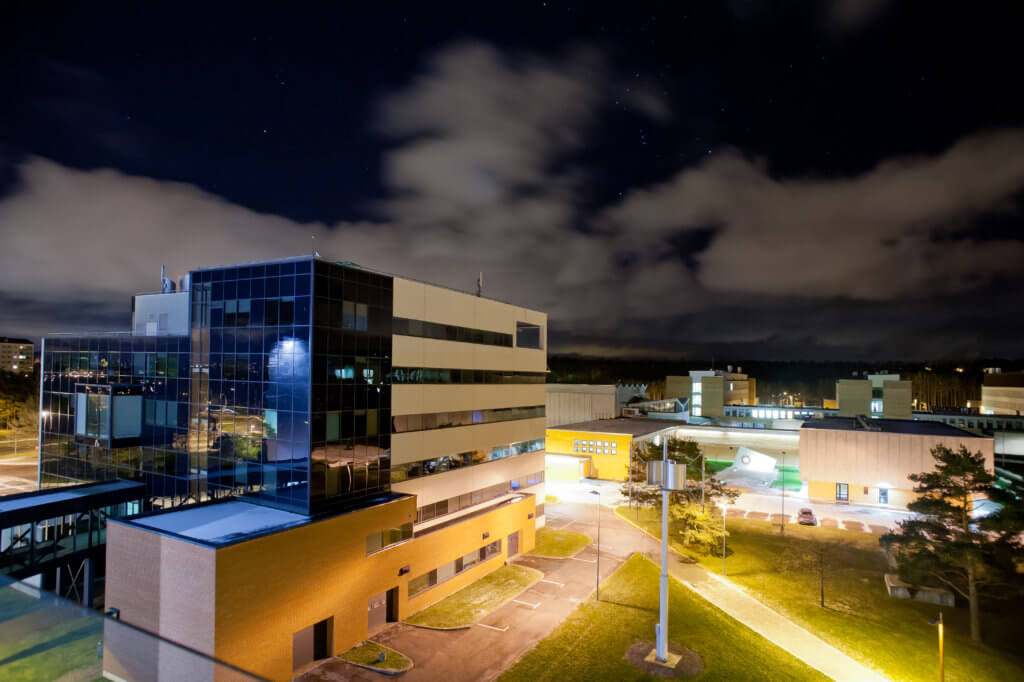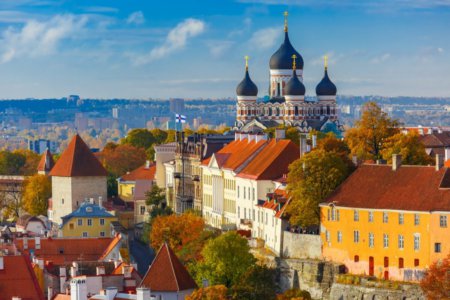
While 20th-century lawyers were “I-shaped,” aspiring lawyers today need to be “T-shaped.” Here’s the difference between the two: An I-shaped lawyer has deep legal expertise. A T-shaped lawyer has that, and more. That includes a breadth of knowledge and ability across many disciplines, such as technology, business, analytics, and data security.
Also commonly referred to as a “2.0 lawyer” or a “positive-value” lawyer, a T-shaped lawyer is the upskilled version of twentieth-century lawyers. They are shaped by the shifts in global economic and technology forces. They are the today’s movers and shakers best able to adapt and meet client demands in a world where the business, information, advertising, and travel industries have changed in the past decades
IBM, Nike, Apple, IDEO, and McKinsey & Co., are some of the companies that are known to recruit employees with T-shaped skills. In an increasingly integrated world, lawyers of the future will be expected to work within diverse teams and have a strong sense of cultural awareness. According to IBM, T-shaped professionals are valuable assets of companies because they are empathetic, making them great at teamwork and collaboration, as well as creative problem-solvers.
To produce industry-ready T-shaped graduates, universities have created clearer professional development pathways and learning journeys to guide them towards successful legal careers. Here are some universities that will map out your path towards an upgrade:
Tallinn University of Technology
Tallinn University of Technology is where 21st-century T-shaped lawyers are born. At TalTech Law School, students acquire the knowledge, skills and experience to become experts in law and the multiple disciplines related to it. From business to technology, TalTech’s programmes produce law graduates with not just deep disciplinary knowledge, but also the ability and insights to thrive across disciplinary, social and cultural boundaries.

Source: Tallinn University of Technology, Taltech Law School
TalTech offers a BA in Law with a specialisation in EU and International Law. Students will acquire knowledge on the main fields of law — common, civil and their relations to each other — in the context of the European cultural space and the European Union. The programme produces graduates who will be able to identify, analyse and resolve problems arising in EU and international legal regulations, and give logical and legally-grounded arguments and solutions to these problems.
MA in Law students can specialise in Business or Law and Technology. The former covers the economy with a focus on digital market issues and regulations such as Fintech, Global Trade and Transnational Law, Online Commercial Law, Competition Law and Labour Law. The latter focuses on Artificial Intelligence, Data Protection, Cyber Security and Intellectual Property.
“It is possible to learn about the history of law in every traditional law school, but Tallinn Law School offers a great insight to future technologies, trends and regulations and generates valuable experts on fields that are currently emerging,” says Paula-Mai Sepp, alumnus of the Law and Technology specialisation.
Students are taught by an international faculty; all courses incorporate online learning, which makes it easy to reorganise in-person teaching to virtual classrooms if need be. Graduates have progressed to excellent careers in public and private sectors as well as at international organisations and European institutions, such as the European Commission, ministries and regulators, patent offices or as corporate lawyers in the tech industry.
King’s College London
King’s College London (KCL) is ranked seventh in the UK and ninth in Europe, according to the Times Higher Education World University Rankings 2021. A KCL law degree is a highly-regarded qualification, recognised globally for teaching excellence and access to expert faculty members. With a location in central London, it offers unparalleled access to institutions such as the Royal Courts of Justice, Law Society and Inns of Court.

Source: Shutterstock
“I chose King’s because of the rich history of the university and the many great minds that have walked through the academic halls here,” says LLB student Olabanj. The KCL LLB prepares students to practise as a solicitor or barrister, as well as a range of other careers in which legal knowledge is an asset. First-year LLB students have the option of applying to a dual degree or study abroad option. The LLB pathways currently include Law with North American Legal Studies LLB, Law with Transnational Legal Studies LLB, and English Law with Australian Law LLB, among others.
The European Union Law MA programme covers a wide range of important EU Law topics, such as free movement of goods and people, social policy, external relations, judicial review and in-depth insight into the bloc’s legal principles and practice. Another MA pathway is International Financial Law, a specialist master’s degree that focuses on the law, documentation and legal issues affecting major transactions in global financial markets and their regulation.
“The Dickson Poon School of Law has given me a unique learning platform led by top-notch experts in their fields. The practice-oriented nature of the modules has allowed me to gain firsthand insight and practical knowledge of the Law. The School’s international cohort and friendly environment is the perfect setting to experience King’s exciting opportunities,” says Suchitra, International Financial Law LLM student.
University of Oslo
The University of Oslo is ranked number one nationally and 56th internationally according to the Centre for World University Rankings. It offers over 800 undergraduate programmes and 40 master’s degree programmes. For the next 10 years, the university will promote independent, pioneering and long-term research and offer outstanding education.

Source: Shutterstock
With its broad range of courses and programmes taught in English, the University of Oslo has become a destination for a growing number of international students. Currently 13 percent of the student population are from abroad — its campus is a cultural melting pot where students from around the world interact and exchange views.
From commercial to criminal law, from robot regulations to international trade, the Faculty of Law offers law programmes that are designed with a unique, varied and innovative learning approach proven to deliver self-reliant professionals who can compete in a fast-changing world. With a focus on developing skills in problem-solving, weighing up arguments, critical thinking and commercial awareness, Oslo’s law courses are designed to train students for real-life challenges.
University of Fribourg
Located in one of Europe’s most important industrial and business hubs, the University of Fribourg students have provided opportunities to study and practice in multinational companies at the same time. Fribourg is on the linguistic border between the French and German speaking parts of the country — making it a natural bridge between different languages and cultures.
The LLM in International Contracts and Arbitration will help equip students with the skills to navigate the labyrinth of international dispute resolution mechanisms with intensive courses on specific contract types in international commerce, including construction contracts, agency and distributorship agreements, and joint venture and consortium agreements.

Source: Shutterstock
With a focus on core lawyering skills, LLM in International Business Law presents a detailed overview of key areas of business law, including contract law in an international context, private international law, tax law, EU institutional law, EU internal market law, WTO law and intellectual property law.
The Fribourg Law Faculty has also created a unique LLM in Compliance offering the necessary know-how to become successful practitioners in regulatory regimes governing taxation, customs clearance, corruption and money laundering.
Follow Tallinn University of Technology, Taltech Law School Facebook, Twitter, Instagram and YouTube.
Follow King’s College London on Twitter, Facebook, Instagram and LinkedIn.
Follow University of Oslo on Twitter, Facebook, Instagram and YouTube.
Follow University of Fribourg Twitter, Facebook, Instagram and YouTube.










